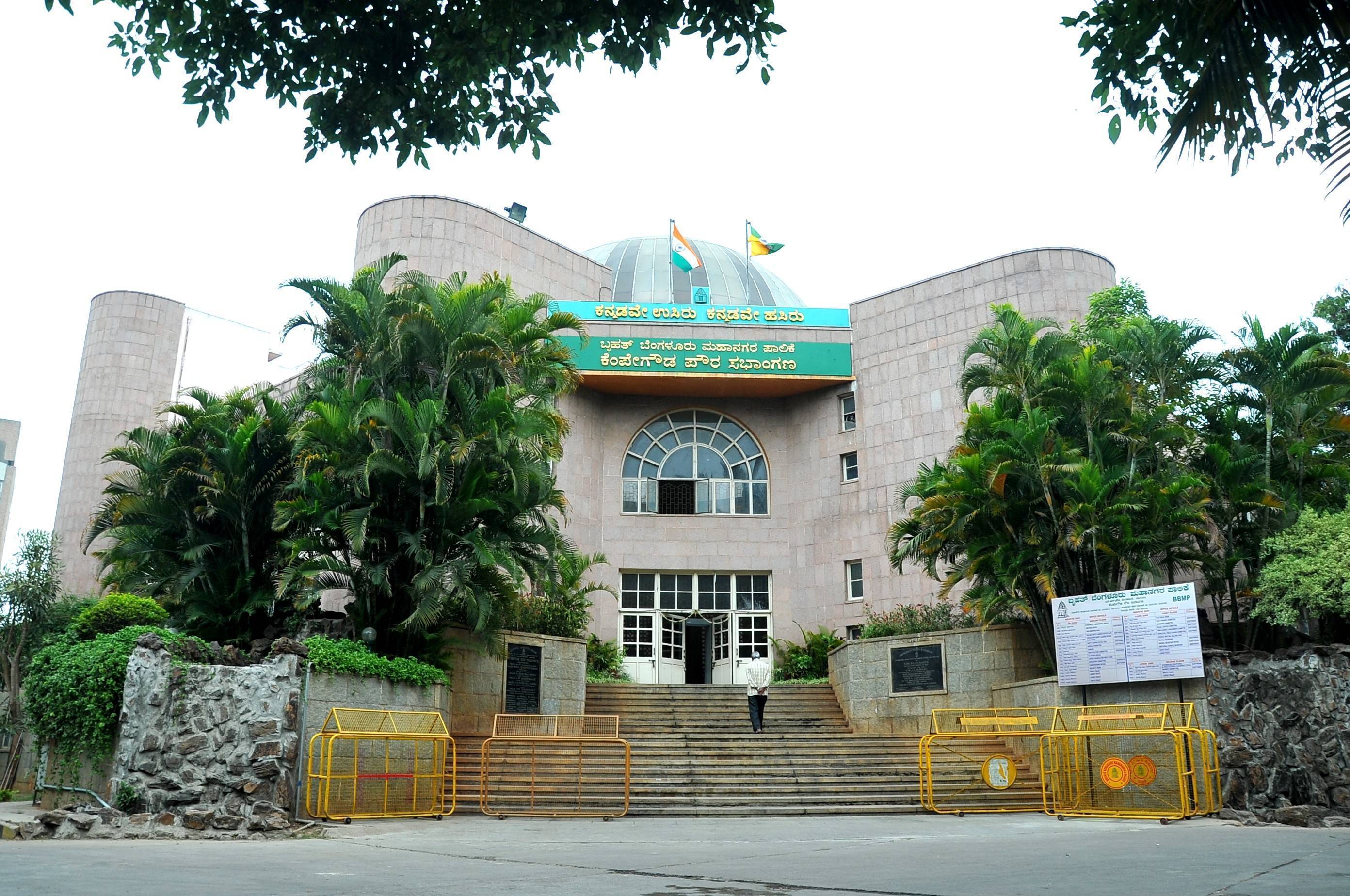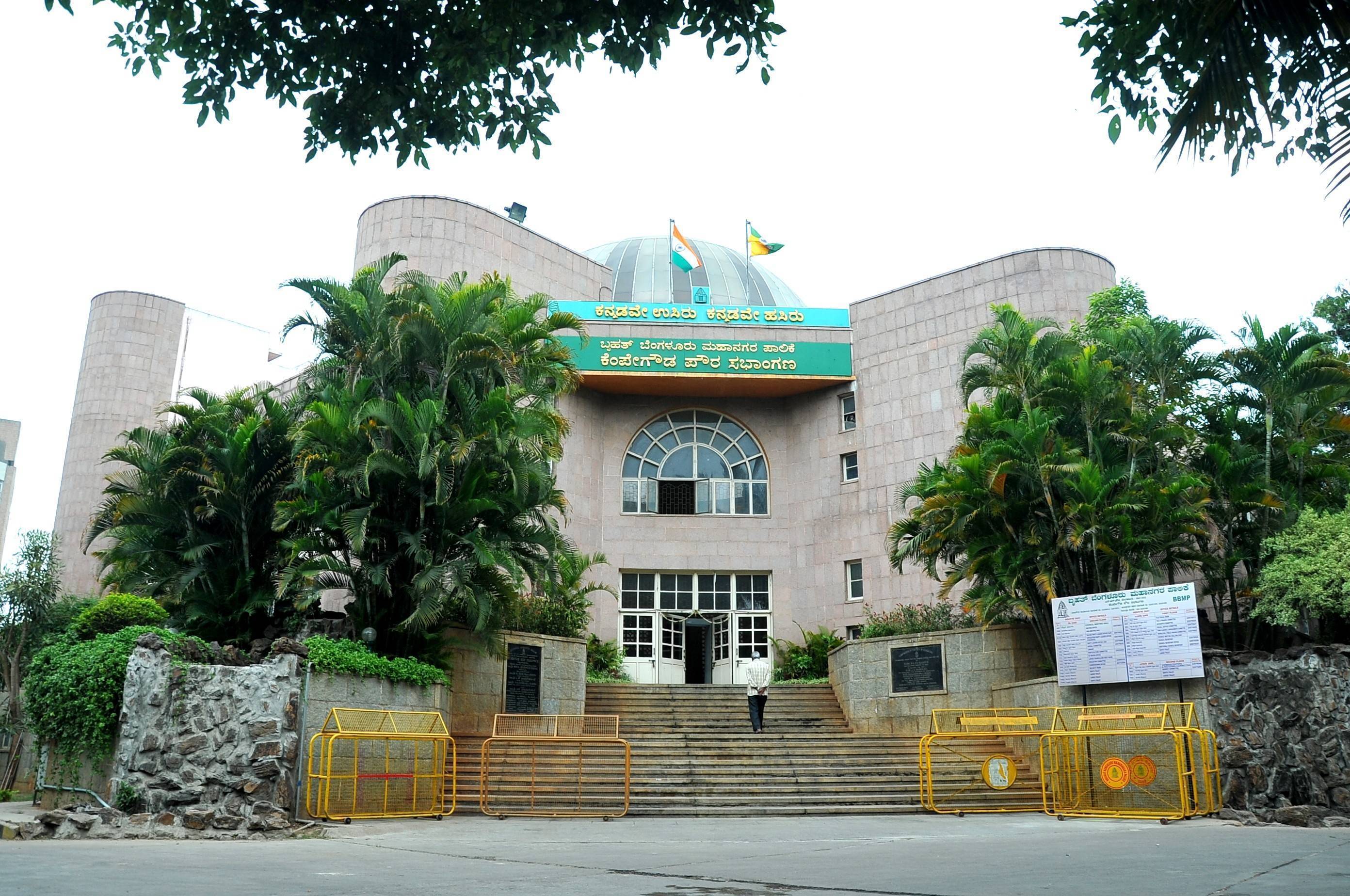The Settlement Commissioner of Rajasthan, Nikaya Gohaen, has dismissed four government officials in Jaisalmer district’s Ram Nagar settlement division after an investigation revealed large-scale irregularities in plot allocations. The officials, Revenue Inspector Vikram Singh, Patwari Kishor Ram, Senior Assistant Yogendra Kumar, and Junior Assistant Shivraj Singh, were removed from service on Saturday for their alleged involvement in fraudulent allotment of government land.
The probe, conducted by the settlement department, found that the Nachna settlement in Jaisalmer had been a site of sustained irregularities and questionable transactions over the past two decades. According to the findings, a land allocation committee constituted in 2006 had created a record of 54 plot allocations. However, the relevant register remained unsigned, leaving the allocations unverified and open to future manipulation.
A decade later, in 2016, officials allegedly used the unverified register to justify the allocation of 17 canal plots. These allocations, carried out using a new plot book issued in 2016, raised questions regarding their authenticity. It is estimated that the irregularities resulted in a financial loss of nearly ₹5 crore to the state exchequer.
The investigation faced hurdles due to a fire incident at the Nachna settlement office a few years ago, which destroyed many original records. This loss of documentation has significantly impeded efforts to establish the full scope of land misappropriation and administrative lapses. Despite this, the inquiry managed to confirm that fake plot books were printed and used to carry out illegal allotments.
Officials have so far identified at least 216 instances of canal land allocations made using counterfeit records. A larger area—about 5,000 bighas of government land in the Nachna region—is now under scrutiny. This land is suspected to have been partially allocated without following due legal and administrative processes.
The state’s Anti-Corruption Bureau (ACB) is actively reviewing several connected cases. Sources indicate that departmental inquiries are also underway to verify the roles of other officials, both retired and serving, who may have facilitated or ignored these irregularities.
Settlement Commissioner Gohaen had issued formal notices to the four dismissed officials during the course of the investigation. The responses submitted by the accused were found to be inadequate and inconsistent with documentary evidence. As a result, their dismissal was ordered under relevant service conduct rules.
The case highlights persistent issues in land administration in Rajasthan’s western districts, particularly in areas bordering canal-irrigated zones. Officials familiar with the investigation have pointed out that plot allocation mechanisms in older settlement records were prone to misuse due to inadequate verification protocols, manual recordkeeping, and lack of digital audits.
Moreover, the issuance of new plot books without adequate oversight allowed officials to reuse old allocation orders or fabricate new entries. In this instance, the new plot book issued in 2016 became the basis for allocations that had not been formally executed or recorded in 2006.
Authorities are now in the process of verifying each of the 216 suspected fraudulent cases. Land parcels found to be illegally allotted are likely to be recovered and restored to government ownership. A new committee has reportedly been constituted to digitally map and reconcile plot data across settlement areas in western Rajasthan.
Further legal action may follow, depending on the findings of the ACB and other departmental reviews. Government officials stated that enhanced vigilance measures, digitization of settlement records, and geotagging of allocated plots will be implemented to prevent similar incidents in the future.









